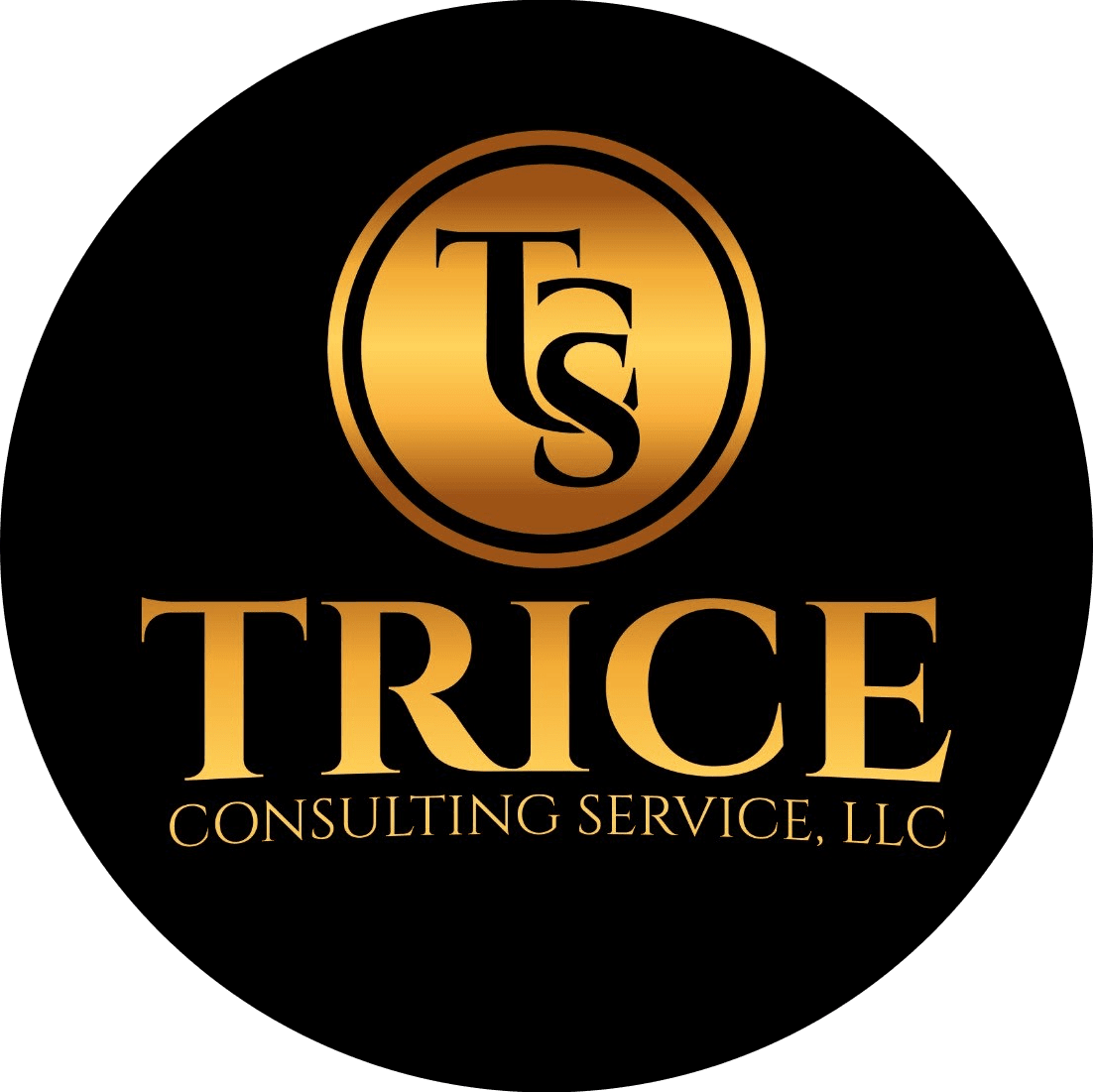The Importance of Emotional Intelligence in the Workplace

In today’s fast-paced and often stressful work environment, the importance of emotional intelligence (EI) cannot be overstated. Emotional intelligence refers to the ability to recognize, understand, and manage our own emotions as well as the emotions of others. This skill set is increasingly being recognized as a vital component of effective leadership, teamwork, and overall workplace culture.
What is Emotional Intelligence?
Emotional intelligence encompasses several key components:
Self-awareness: The ability to recognize one's own emotions and their effects.
Self-regulation: The ability to manage one’s emotional reactions and impulses.
Motivation: A drive to achieve goals for personal reasons beyond external rewards.
Empathy: The ability to understand and share the feelings of others.
Social skills: Proficiency in managing relationships and building networks.
Why Does Emotional Intelligence Matter?
1. Enhances Leadership Skills
Leaders with high emotional intelligence are better equipped to inspire and motivate their teams. They can recognize the emotional climate of their workplace, enabling them to respond to challenges with empathy and understanding. This creates a more supportive and productive environment where team members feel valued and understood.
2. Promotes Better Team Collaboration
Emotional intelligence fosters open communication and enhances collaboration among team members. When individuals understand their own emotions and those of their colleagues, they can navigate conflicts more effectively, fostering a spirit of teamwork and cooperation. This leads to higher job satisfaction and improved performance.
3. Increases Employee Engagement and Retention
Organizations that prioritize emotional intelligence in their culture often see higher levels of employee engagement. When employees feel emotionally supported by their leaders and colleagues, they are more likely to remain committed to their organization. This can significantly reduce turnover rates and the associated costs of hiring and training new staff.
4. Improves Problem-Solving Abilities
Emotional intelligence equips individuals with the ability to approach problems with a balanced perspective. When faced with difficult situations, those with high EI can manage stress effectively, think critically, and maintain a level of calm that encourages constructive solutions. This is essential for navigating the complexities of modern workplaces.
Cultivating Emotional Intelligence in the Workplace
1. Training and Development Programs
Investing in EI training can provide employees at all levels the tools they need to develop their emotional intelligence skills. Workshops and coaching can focus on self-awareness, empathy, and communication skills.
2. Encourage Open Communication
Create an environment where team members feel comfortable expressing their thoughts and emotions. Encouraging open dialogue helps build trust and strengthens relationships, contributing to a culture of emotional intelligence.
3. Lead by Example
Leadership plays a critical role in shaping the emotional intelligence of an organization. Leaders who model emotional intelligence behaviors—such as active listening and empathy—influence their teams to do the same.
4. Provide Feedback and Support
Regular feedback and support can help employees develop their emotional intelligence skills. Constructive feedback fosters a growth mindset and encourages individuals to reflect on their emotional reactions and interactions with others.
Conclusion
Emotional intelligence is not just a buzzword; it’s a crucial factor in building a positive and productive workplace. By investing in emotional intelligence within your organization, you can enhance leadership effectiveness, improve team dynamics, and create a more engaged workforce. In an era where soft skills are increasingly valued, emotional intelligence may very well be the key to achieving sustained organizational success.
Contact Me
Connect With Me
I invite you to reach out with any questions or inquiries regarding my consulting services. Your journey toward success begins with a conversation, and I look forward to discussing how I can assist you in achieving your goals.
